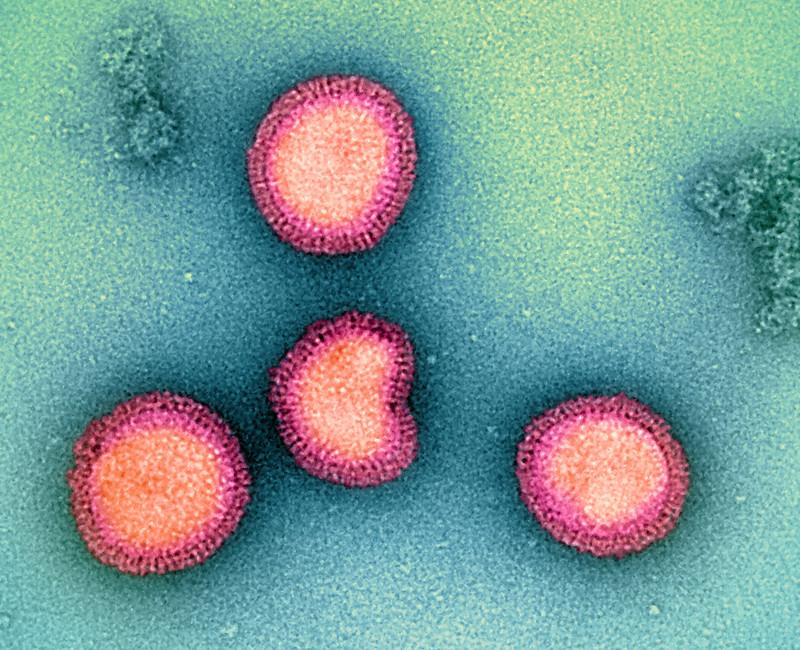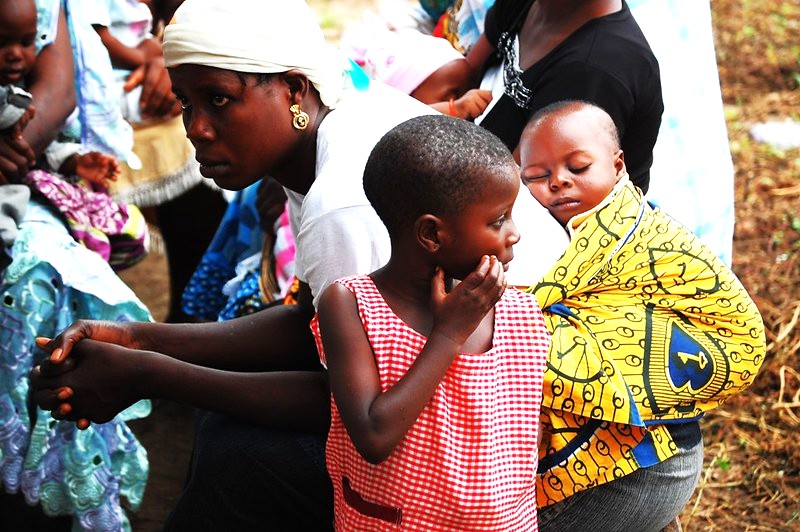
A study of hospital patients in Florida indicates that multiple comorbidities and invasive devices are significantly associated with progression from Candida auris colonization to infection, researchers reported last week in Clinical Infectious Diseases.
In one of the largest analyses of its kind, researchers from the Centers for Disease Control and Prevention and the Florida Department of Health used a case-control methodology to investigate factors associated with C auris infection after prior colonization among patients identified in Florida healthcare facilities from 2019 through 2023. An estimated 4,000 hospital patients in Florida have been colonized or infected with the multidrug-resistant yeast since it was first identified in the state in 2017, but why some patients develop clinical signs and symptoms while others remain colonized is unclear.
"Knowledge of the factors associated with progression to clinical infection can be used to improve facility testing protocols, healthcare provider knowledge, and infection prevention and control (IPC) measures to improve patient outcomes," the study authors wrote.
Age, low patient functional status among risk factors
After reviewing the records of 1,073 patients, the researchers identified 105 case-patients (median age, 64 years) with documented clinical specimens after colonization and 578 control subjects (median age, 69 years) with colonization only. Unadjusted measures revealed several factors that were significantly associated with progression to clinical cases, including the presence of five or more comorbid conditions (odds ratio [OR], 10.02; 95% confidence interval [CI], 4.07 to 24.7), four or more invasive devices (OR, 2.92; 95% CI, 1.70 to 5.03), or three or more recent medical procedures (OR, 2.32; 95% CI, 1.19–4.55).
Other factors included fully dependent care required for eating (OR, 2.80), limited mobility (OR, 2.15), inability to transfer (OR, 1.82), and being in the 50- to 64-year-old age-group (OR, 1.77).
The authors say healthcare facilities could consider prioritizing high-acuity patients for early C auris screening, transmission-based precautions, and infection prevention interventions.
"Further analysis to understand clinical implications and risk factors for C. auris progression after colonization is needed," they concluded. "Future efforts might include an adjusted analysis to more fully understand the risk that individual medical conditions and functional status have on C. auris clinical outcomes."














